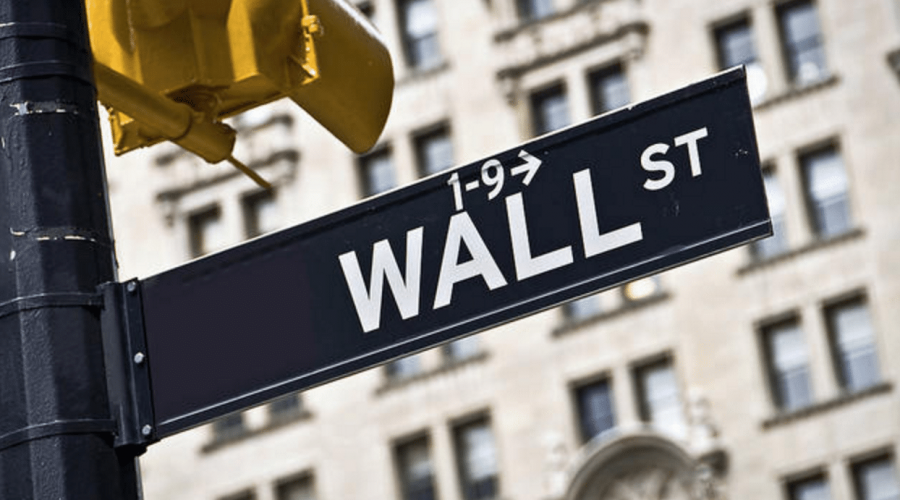Of course, some people get rich from winning the lottery, while others inherit a large wealth, but the chance of this happening to Mrs Smith is very slim.
So what has this got to do with investing in shares? In fact, everything!
When you own shares you become an owner of a company. For example; if you were to purchase shares in Telstra, you will become a shareholder and therefore a part owner of that particular company. What this means is that when these companies value rise, so will your investment in the form of capital growth. Large companies will usually also pay a share of the profit to shareholders in the form of dividends.
So let’s go back to the basics…
What is a share?
Definition: A unit of ownership that represents an equal proportion of a company’s capital.
Shares also go by the name of equities. Each share is equal to a tiy fraction of a company and the company’s value.
When a company wants to “go public” they will float their shares on the stock exchange. This allows the company to raise equity from the general public which is often then used to invest in their own projects and services.
Over the last few decades the stock market has boomed. This has allowed long term investors to get a much better return on their investment than what they would have got if investing in typical savings accounts with the banks.
Almost half of all Australians now own shares because of the long term rewards. However, with reward there always comes risk!
If you want to become a good investor, understanding these risks is key.
The up’s and down’s of shares
As evidenced by the constantly changing figures of the different stock markets around the globe, share prices are continually going up and down. So what causes these changes to happen? Why does a share that cost $5 at the start of a trading day increase in value to $5.25 by close of play?
It is important to understand that it is not the underlying fundamental value of a company that has changed,
rather the perception in the marketplace.
There are four main factors which are constantly changing the price of shares. These are:
Internal events: There may be events that happen within the company which cause the share price to rise or fall.
External events: These may be social, political or economic events that take place in the world and indirectly have an effect on the company or the industry that the company operates in.
Market pressure: The market itself can also be a factor. Shares may rise or fall on their own merits, they can also benefit just by being in a “bull market”. What this means is that if more people are buying up shares in general, and major indexes are on the rise, a stock that could be lacklustre may start to enjoy a tail-coat effect.
Hype: There are people who will promote stocks for gain. They do this to either increase the value of their own shares or to promote them directly for the company for a fee. This hype may lead to positive reports in stock related news letters, press releases and internet boards. It is wise to invest in companies whose public relations department issues regular press releases and seeks mentions in the press, rather than companies
who just release one every year.
Dividends: When you invest in large corporations you will usually be entitled to dividend payments. These are paid from the company’s profit and may be paid twice yearly or yearly. A company does not have to pay dividends.
Instead of taking cash as a dividend payment you may instead be able to use the money to purchase more
shares in the company.
Some investors will buy shares purely to get an income from the dividends.
What to consider before buying shares
The most important thing to consider is can you afford to lose the money in a worst case scenario. Shares can be risky investments, so if you think you may need the cash later to pay school or mortgage fees, make sure you tread carefully and seek advice first.
Always check a company’s latest annual report and make sure that they are not on a downwards spiral.
Large, stable companies tend to deliver better rewards over the long-term. A smaller, riskier company can
offer good short-term gains and more excitement.
If you really are considering trading on the stock market, it can be useful to set some price targets which will help you to sell some of your shares once they start making a profit.
Advice
If you are not familiar with the stock market and share investments, it is wise to seek the advice of a stockbroker or financial advisor. Always make sure that the company you use is regulated by the markets and financial services regulator before using their services.
It is also important that you find a broker who you trust and respect. You should talk to a range of brokers prior to making a firm decision.
Spiros Christoforatos is the founder of adviser search platform AdviceMarket.













